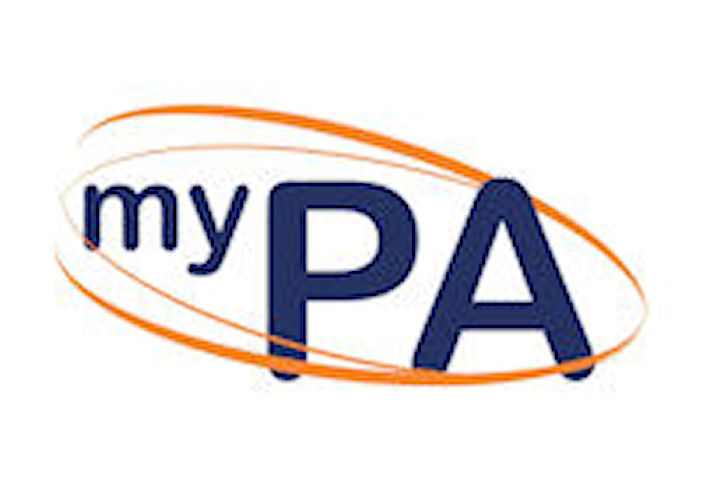What does a PA Do? and indeed, what is a PA. A PA is Personal Assistant to the manager, department or CEO. They provide administrative support and take care of their boss so that they can

What does a PA do?
Perform their jobs with ease and confidence. A Personal Assistant could also be called an Executive Assistant or even a Virtual PA or Virtual EA. In this article, I will use the term PA to cover all of above.
Being a Personal Assistant (PA) is like being a fine artist. You have to have the ability to see an end product using the raw materials you have available to you. Anticipate the likes and needs of those you are looking after, without them knowing or understanding what they like or dislike. A PA has to be meticulous about their time management, planning and organisational skills and then make these tasks look smooth and effortless. Any PA unable to master these three skills will inevitably find the role as a Personal Assistant difficult. A PA should have their finger on the proverbial button of any activity their boss is undertaking at any time. Not only that, a PA has to anticipate what the boss requires today tomorrow and next month.
So What does a PA do to make sure they are on the ball?
A PAs mantra or go to question should always be “What is the next question” their boss is going to ask. Ensure they can answer that question and then the next question their boss will ask. The standard Who, What, Where, When, Why and How questions should be applied to any and all tasks a PA undertakes. Once a PA has mastered this tool they will start to see and show improvements in their PA ability and demonstrate how capable and competent they are in their role.
All PAs need to demonstrate consistency in their workload and be as enthusiastic on Monday morning at 9 am as they are on Friday at 5 pm. They need to be effective and efficient in all the tasks that they undertake and become proactive instead of reactive. It is recommended that a PA schedules at least 60% of their working day. This will leave 40% of their day to be reactive. We, therefore, advise each PA to plan tasks in advance. Taking note of business deadlines and the expectation is essential. A PA will also have to remember their boss has deadlines that could rely on work they have to do.
PAs Personal Recommendations
We would also recommend that every PA take a few minutes at the end of the day to note at least five successes they have had that day. It is true to say that everyone will have a bad day at work at some point. Noting down any success they have will help any PA remember how good they are. How well they perform their job and organising their boss.
In conclusion, What does a PA Do?
When the role of a PA is performed correctly, it is a work of art. The position is seamless, timeless and a thing of beauty. Their boss will never know the amount of work, effort and organisational skills the PA will put into their role. All of this, to ensure that the boss has a perfect working environment so they can perform at their peak.
The PA is indeed the unsung hero of any organisation. It is time for all PAs to stand up and be proud of the jobs that they do. The tasks they undertake and show what a strong, determined woman can do. For more information about becoming a PA or attending a training course click here.
The PA Tips on this post are those that are highly recommended to become an effective PA. It is also vitally important that a PA keeps on track of all new technology, new ways of working and are open to any PA Tips they can glean from colleagues and even their boss.


